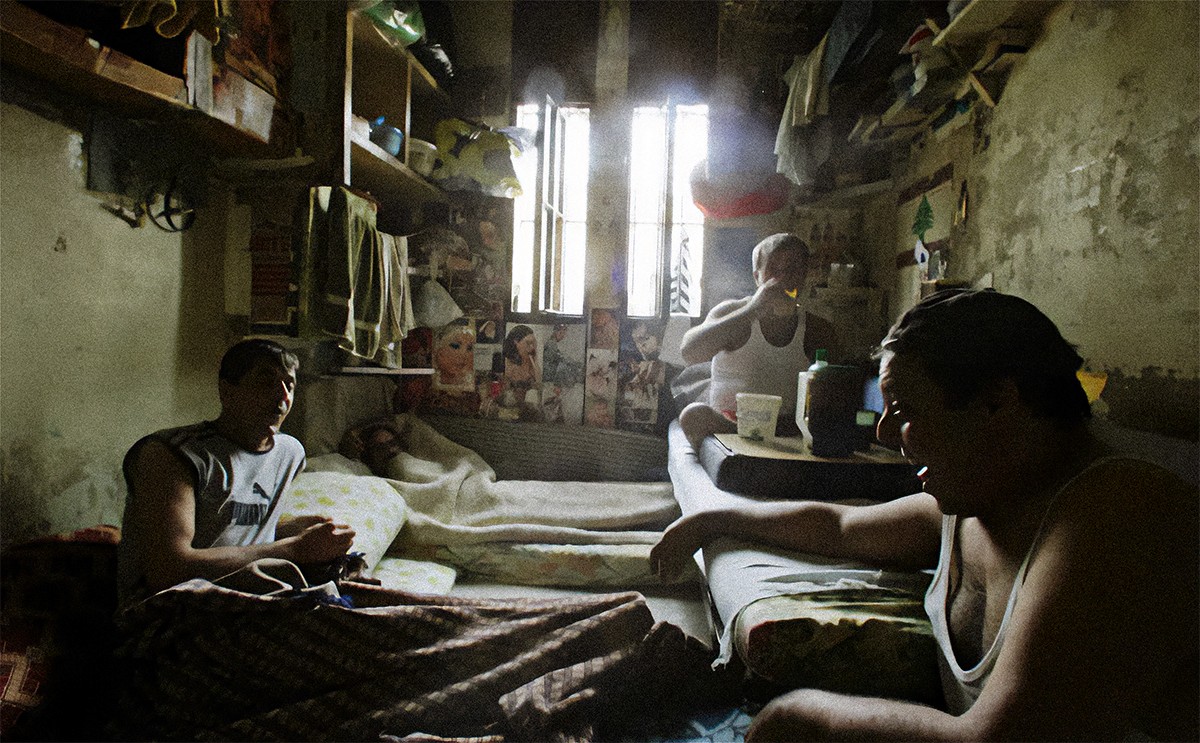Report
Spurring action on prison overcrowding in Lebanon
Lebanon's prisons are chronically overcrowded. Siren is working to build consensus on the causes of prison overcrowding and viable solutions.

Lebanon faces a human rights crisis in its prisons. Occupancy rates surpassing 300%, an increase in the proportion of detainees awaiting trial, and delays in releasing inmates have pushed the system to breaking point. The dire situation has resulted in deaths nearly doubling in Ministry of Interior-run prisons between 2018 and 2022. This demands immediate action.
To spur work on addressing this pressing issue, Siren Associates held a half-day workshop this month with key stakeholders in Lebanon. Twenty one external participants attended, representing 16 organisations. The workshop follows Siren’s research identifying the main drivers behind the country’s prison overcrowding crisis – and interventions that could be implemented to resolve it.
Prison overcrowding workshop summary
The workshop brought together national NGOs, international organisations, donors, and government representatives. The aim was to build consensus on the causes and effects of overcrowding, the obstacles blocking an improvement in the situation, and on viable solutions within the current context.
Siren presented analysis showing how overcrowding stems from excessive arrests; overuse of pre-trial detention; inadequate transport options for taking detainees to court; inconsistent coordination between security and justice sector stakeholders; the under-provision of legal counsel; and archaic case management in the court systems.
In small groups, participants discussed these key drivers and proposed additional factors like inadequate legislation regarding prison management and limited enforcement of existing legislation; poor infrastructure, and the lack of rehabilitation programs. Many agreed pre-trial detention is a major contributor to overcrowding, recognising its ripple effects across the criminal justice system. Participants acknowledged that overcrowding cannot be addressed by building more prisons alone, highlighting the multifaceted nature of overcrowding and emphasising the need for strategic approaches to address these key drivers incrementally.
Prison overcrowding interventions
There was critical discussion of Siren’s proposed interventions to establish task forces to coordinate action on addressing overcrowding and to support case management digitisation in the judiciary. Participants welcomed these interventions while suggesting amendments to them, such as empowering the existing Working Group on Prisons and piloting digitisation in one court. They emphasised that mobilising champions within government – and specifically within the judiciary – would be crucial.
In conclusion, a joint working group and sustained collaboration are needed. The drivers are multi-faceted, needing coordinated action across ministries. Donor support must continue to enable progress. Siren’s research has laid the groundwork for understanding this systemic issue. Ongoing dialogue and partnerships are key to turning ideas into action.